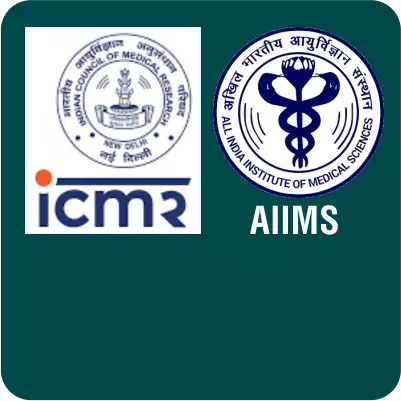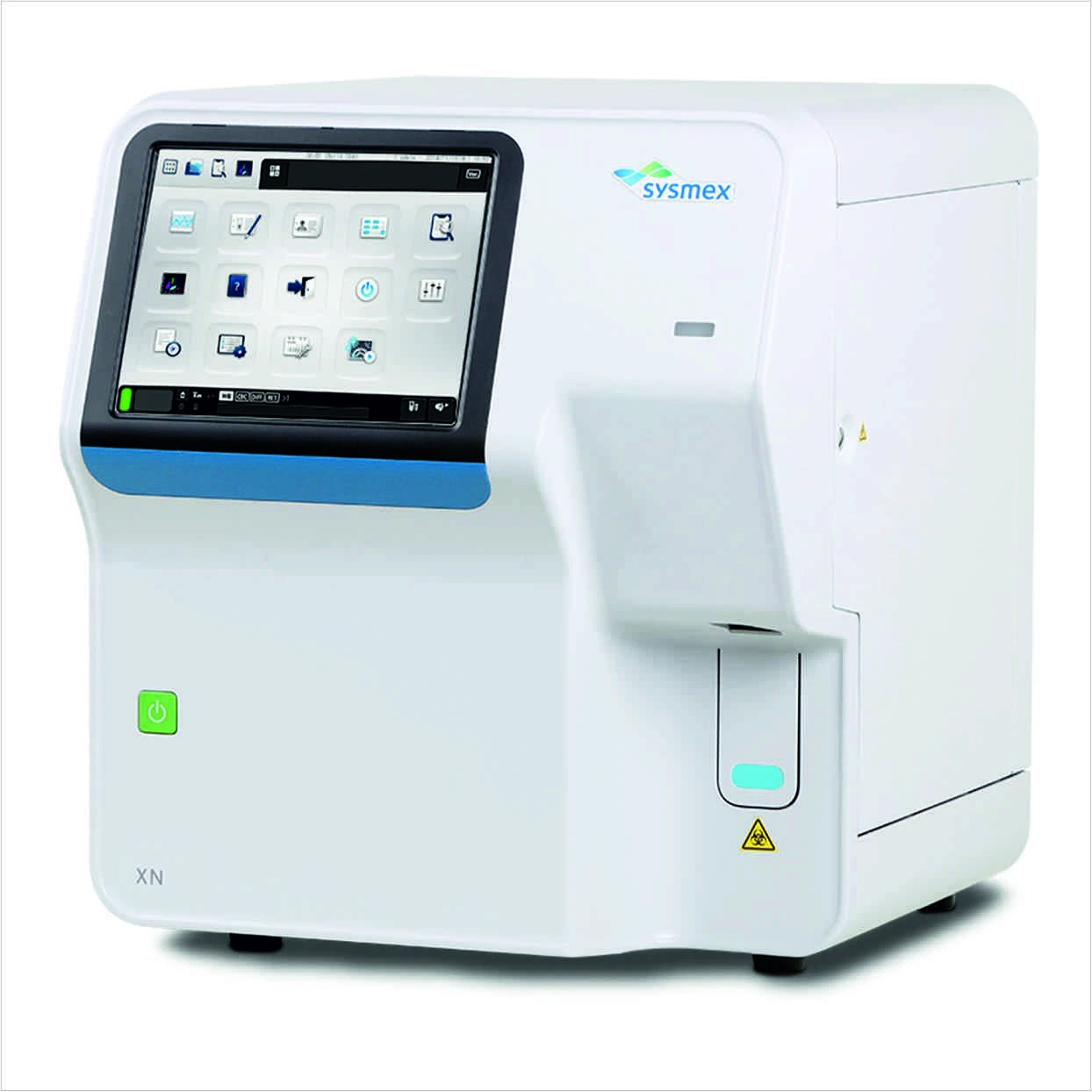
Iron tests are used to determine the levels of circulating iron in the blood, the amount of stored iron in the body, and the total capacity of blood to carry iron. It also helps to differentiate the various causes of anemia. Overall, various iron tests are often ordered together and help identify iron deficiency anemia, iron deficiency, and iron overload in the body.
Iron is an essential dietary mineral that is required for various processes in the body including, the synthesis of red blood cells (RBC) and hemoglobin (Hgb). It is also important for healthy bone marrow, muscles, and organ function. The level of iron in the body can be measured by employing different tests to analyse the various substances in the blood. The different types of iron tests include transferrin test, total iron-binding capacity (TIBC), unsaturated iron-binding capacity (UIBC), serum iron test, and ferritin blood test.
|
|
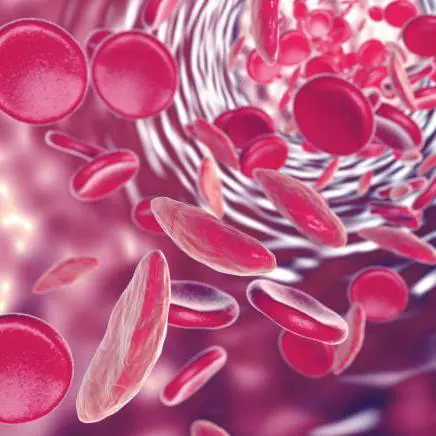
In iron deficiency, there will be low iron, transferrin saturation, ferritin levels, and high TIBC and UIBC. In contrast, hemosiderosis or hemochromatosis have the opposite results of iron deficiency.
Anemia of chronic illness shows low iron levels, low or normal TIBC, UIBC, transferrin saturation, and normal or high ferritin levels.
Hemolytic anemia shows a high iron, transferrin saturation, ferritin levels, and low or normal UIBC and TIBC.
Sideroblastic anemia shows a high transferrin saturation, ferritin levels, normal or low UIBA, TIBC, and normal or high iron levels.
Iron poisoning shows a high iron and transferrin saturation, normal TIBC and ferritin levels, and low UIBC levels.
|
|

Usually, an iron level of 35.5-44.9% in adult women, and 38.3-48.6% in adult males are considered a normal range. The iron levels can vary among males and females according to age. Iron levels are important since it is a significant component of Hgb necessary for RBC to transport oxygen from the lungs to throughout the body. A higher amount of iron is required for kidney patients, pregnant or breastfeeding women, and also in the presence of ulcers or other gastrointestinal disorders.
|
|
What does the Iron Test Measure ?
Iron tests are used to determine the levels of circulating iron in the blood, the amount of stored iron in the body, and the total capacity of blood to carry iron. It also helps to differentiate the various causes of anemia. Overall, various iron tests are often ordered together and help identify iron deficiency anemia, iron deficiency, and iron overload in the body.
Why should I do the Iron Test ?
The iron test helps estimate the current iron level of the body. It is usually ordered, if the complete blood count (CBC) indicates low Hgb and hematocrit and to rule out iron overload or iron deficiency. Also indicated in the presence of symptoms like extreme tiredness, headaches, joint pain, abdominal pain, and pale skin.
How is the Iron Test Done ?
The Iron test is a blood test with no need for fasting before the test. The blood sample can be taken by the phlebotomist at a pathology lab or at home. At Maurya Labs, Purnea the test is done on Fully Automatic Analyzer which is the first and only one in entire Seemanchal region. The sample collection takes less than a minute.
How often should Iron Study be Done ?
Iron Test is generally done in three conditions. Most commonly for the pregnant females at the start of pregnancy to check the iron levels and prescribe necessary supplements if necessary. Secondly incase patient is having symptoms associated with deranged iron levels in the body. The symptoms of low iron levels are weakness, extreme fatigue, brittle nails, cold hands and feet, pale skin, soreness of the tongue, and lightheadedness. Thirdly during the annual health check up specially in females because females are more prone to low iron levels as compared to males. However, most of the advanced health packages do have iron levels check as a part of whole body checkup.

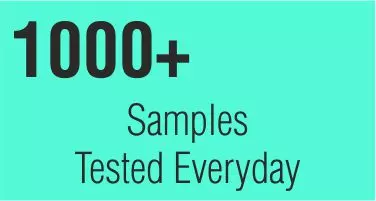


| Most Important Test in any Disease | |
| 22 Parameters Covered | |
| No Preparation Required | |
| Done on 6 Part Hemoanalyzer - First in Seemanchal | |
| Read More |
|
|
| Most Important Test in Women | |
| 3 Parameters – T3, T4,TSH | |
| No Preparation Required | |
| Done on Fully Automatic Thyroid Analyzer Centaur CP from USA | |
| Read More |
|
|
| Most Important Test for Diabetics | |
| Gives average sugar over 3 months | |
| No Preparation Required | |
| Done on Glycohemoglobin Analyzer, Bio Rad from USA |
|
| Read More |
|
|
| Most Popular Health Checkup for Sugar and High BP patients |
|
| 75 Parameters Covered | |
| 12 Hours Fasting Required | |
| Total Cost Rs. 8210 Discount Rs. 4210 | |
| Read More |
|
|
| Full Body Checkup in Men aged less than 50 Years |
|
| 125 Parameters Covered | |
| 12 Hours Fasting Required | |
| Total Cost Rs 10710 Discount Rs 5510 | |
| Read More |
|
|
| Full Body Checkup in Women aged less than 50 Years |
|
| 130 Parameters Covered | |
| 12 Hours Fasting Required | |
| Total Cost Rs 12710 Discount Rs 6510 | |
| Read More |
|
|

Know Your Blood Count
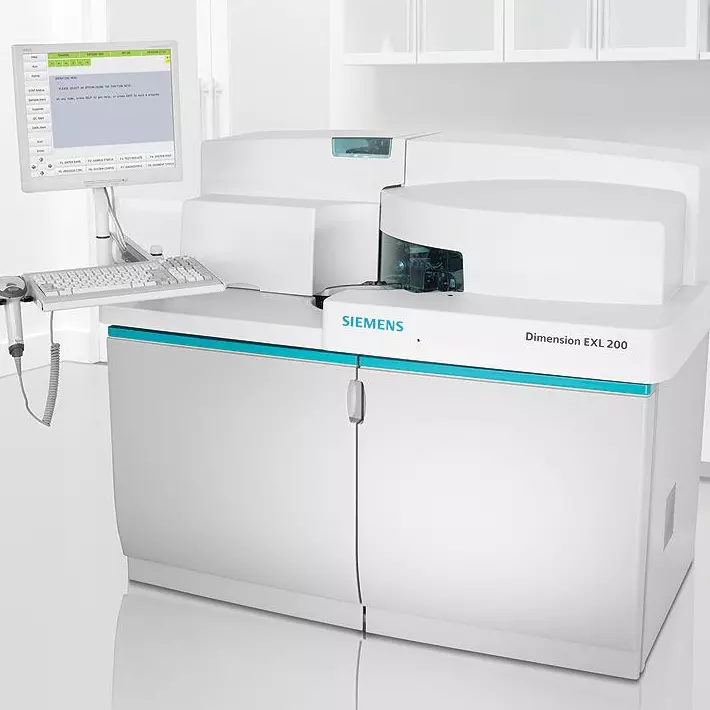
Checking Organ Health
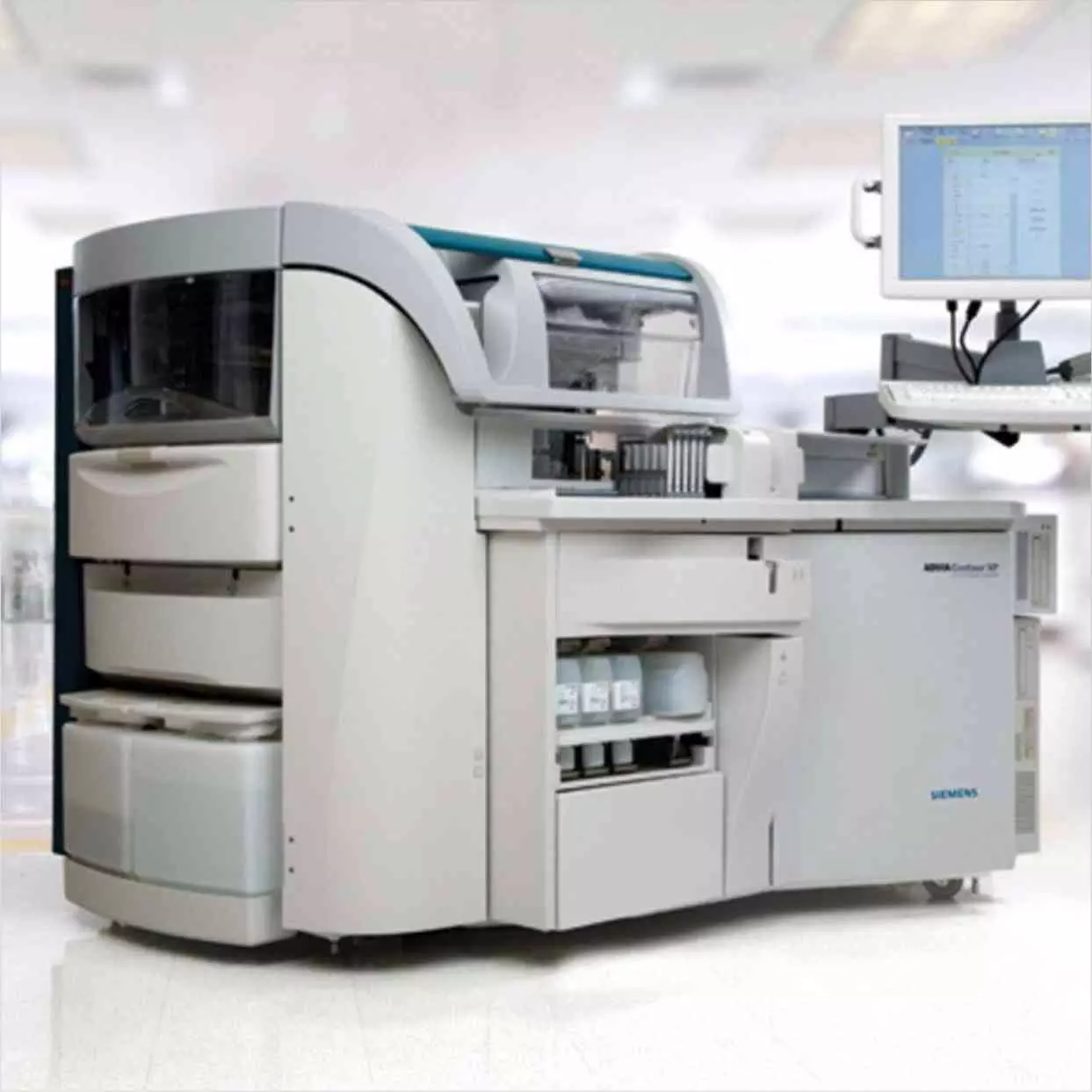
Hormonal Balance
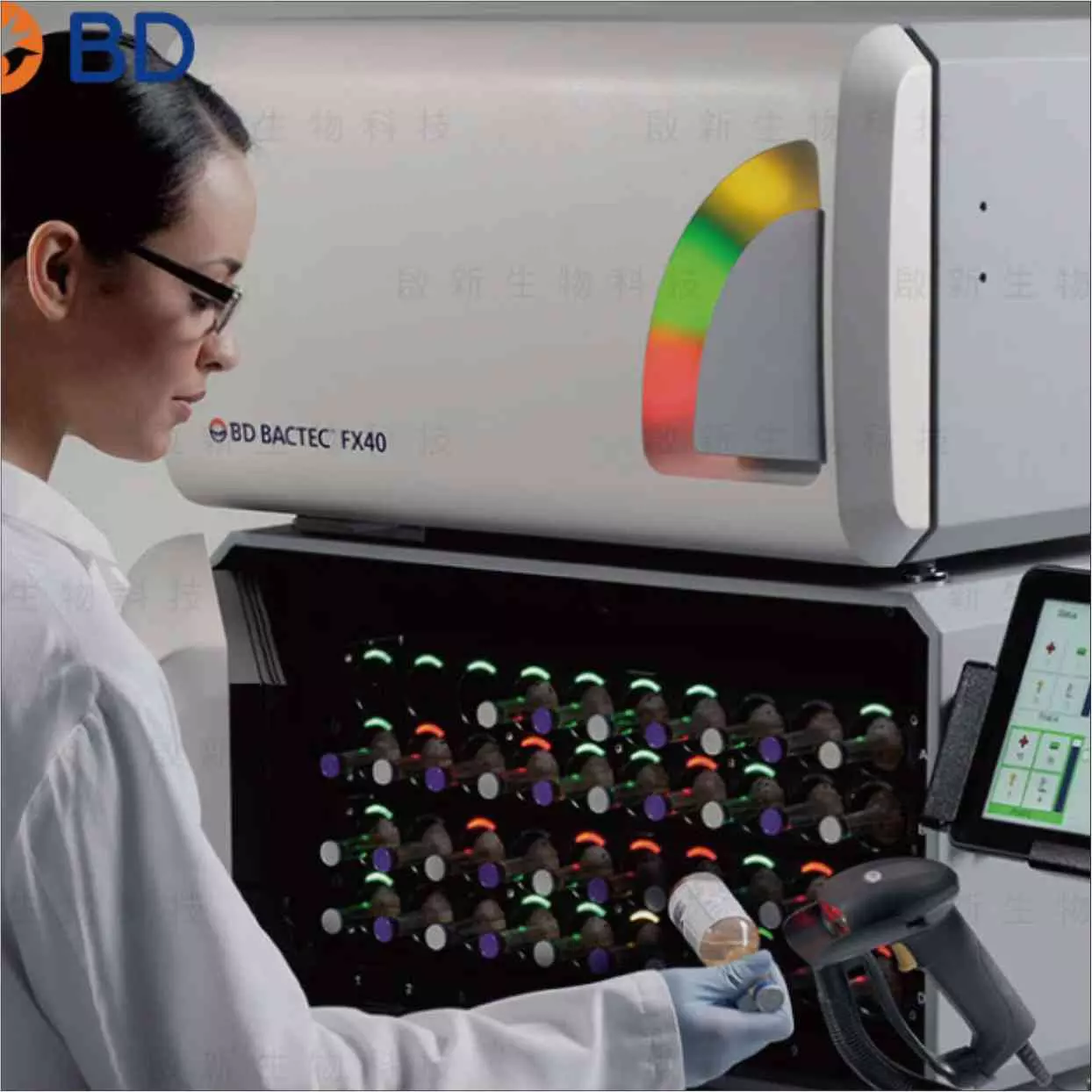
Infections in the Body



